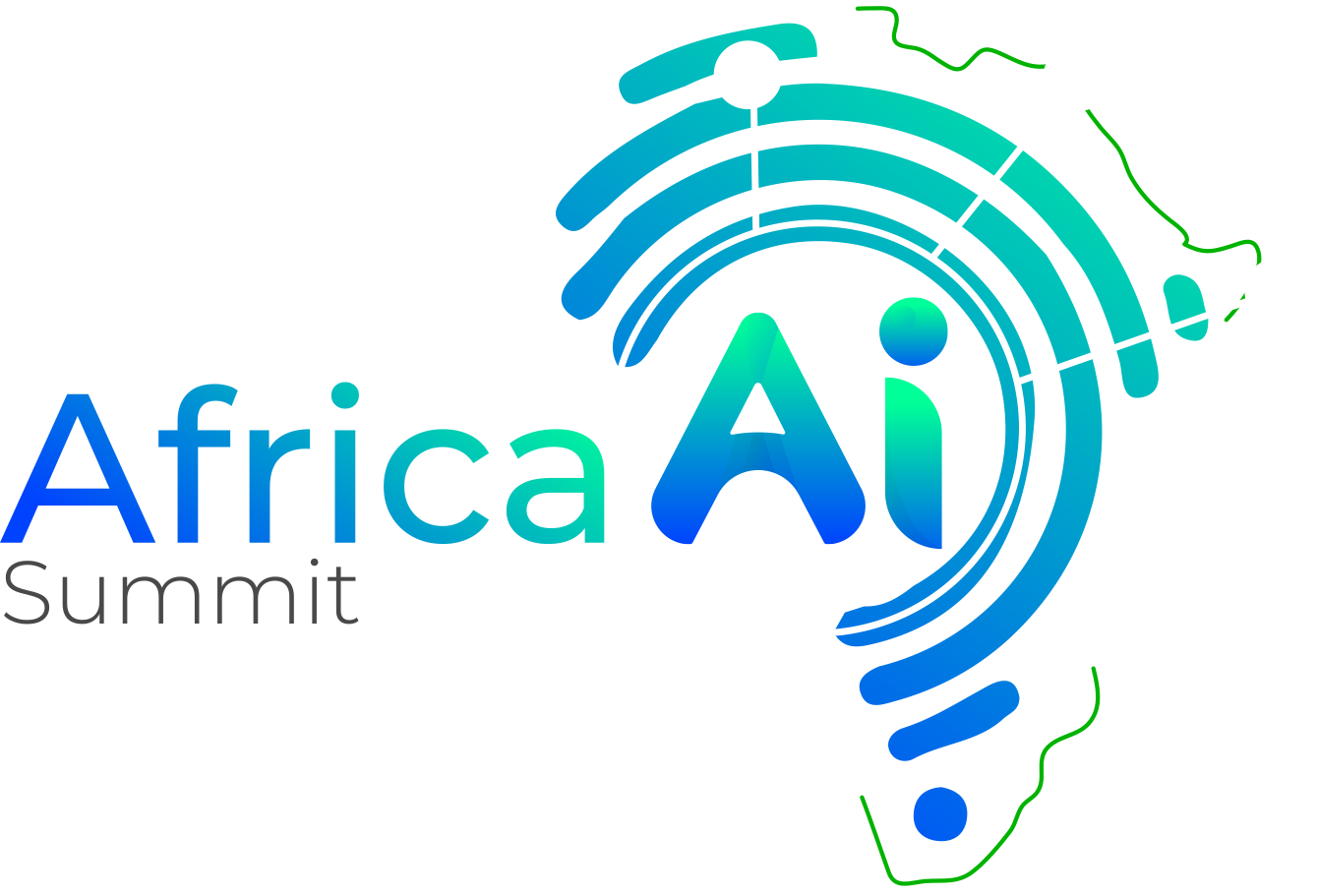In a world increasingly defined by algorithms, data, and intelligent systems, Africa stands at a powerful crossroads. The continent’s youthful population, growing tech hubs, and rapid mobile adoption offer a fertile ground for a digital revolution—one that could be led by Artificial Intelligence (AI).
But what does “AI for Good” really mean in the African context? And how can a technology often shrouded in fear and sci-fi myths become a tool for social change and economic resilience?
Africa’s Digital Awakening
Africa is home to more than 1.4 billion people, with over 60% of whom are under the age of 25. This demographic dividend presents both a challenge and an opportunity. With rising unemployment and climate vulnerabilities, the need for scalable, inclusive, and intelligent solutions is urgent.
According to the International Finance Corporation (IFC), digital technologies could add $180 billion to Africa’s economy by 2025. But this potential hinges on how AI and related technologies are deployed—not just for profit, but for people and the planet.
Where AI is Already Making a Difference
– Healthcare: In Nigeria, startups like Ubenwa are using AI to detect birth asphyxia through a baby’s cry—saving lives in areas with limited medical access. In Rwanda, drones powered by AI algorithms are delivering blood and vaccines to remote villages.
– Agriculture: Kenyan farmers are using Hello Tractor, dubbed the “Uber for tractors,” which integrates AI to match smallholder farmers with machinery—improving yields and income.
– Education: AI tutoring systems are helping bridge teacher shortages in rural schools. M-Shule, a Kenyan edtech startup, uses AI to personalize learning via SMS.
– Climate and Environment: AI is being used to monitor deforestation, predict floods, and track illegal fishing in real time—providing African policymakers and activists with tools for sustainable development.
Bridging the Gaps: Infrastructure, Ethics & Inclusion
Yet for all its promise, Africa’s AI revolution faces serious headwinds. The AI Readiness Index 2023 by Oxford Insights ranked most African countries in the lower half globally, citing gaps in data infrastructure, regulation, and local research ecosystems.
To unlock AI’s true potential, Africa must invest in digital literacy and STEM education, build inclusive datasets that reflect African languages and contexts and ensure AI policies that prioritize ethics, equity, and access.
Global tech players and local innovators must also collaborate not just to deploy AI in Africa,
but to build it in Africa—rooted in the continent’s values, most pressing needs, and aspirations.
AAIS 2025: The Future is African
The inaugural Africa Artificial Intelligence Summit (AAIS) 2025, taking place from May 8th–9th at Speke Resort Munyonyo, Kampala, Uganda, under the theme —“Navigating Artificial Intelligence for Business Growth and Resilience in Africa”—, will convene policymakers, entrepreneurs, researchers, investors, and students to shape the continent’s AI agenda.
With keynotes from industry leaders like Catherine Muraga from Microsoft Africa Development Centre, cutting-edge exhibitions, masterclasses, and strategic partnerships, AAIS 2025 is set to; foster multi-sectoral collaboration across governments, development partners, and private sector stakeholders, share knowledge, frameworks, and case studies relevant to Africa’s AI context, guide the formation of inclusive, ethical, and impactful AI strategies and policies and to enable African nations to co-create a regional vision for digital transformation through AI.
To be part of the summit and engage in the insightful conversation, REGISTER HERE
